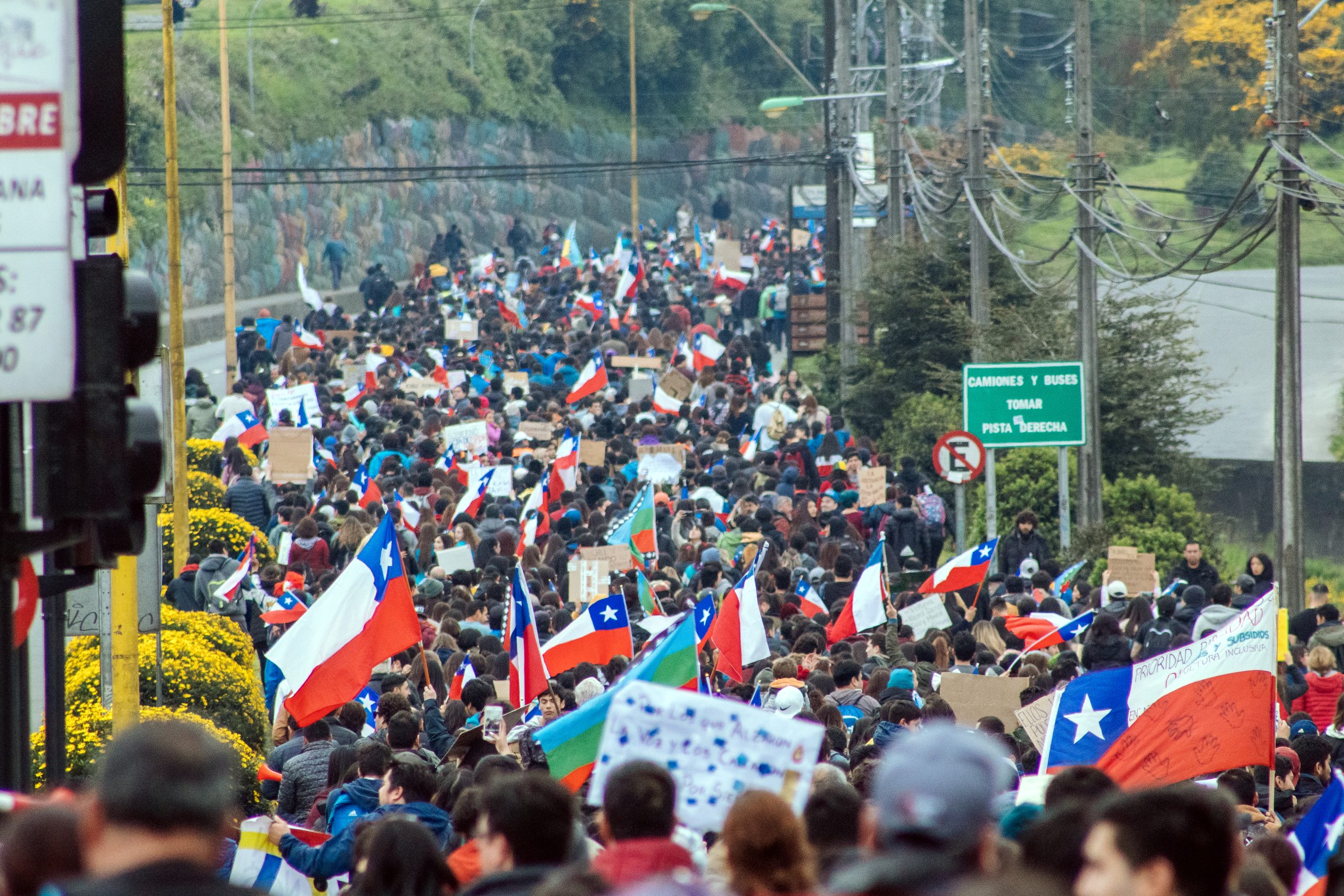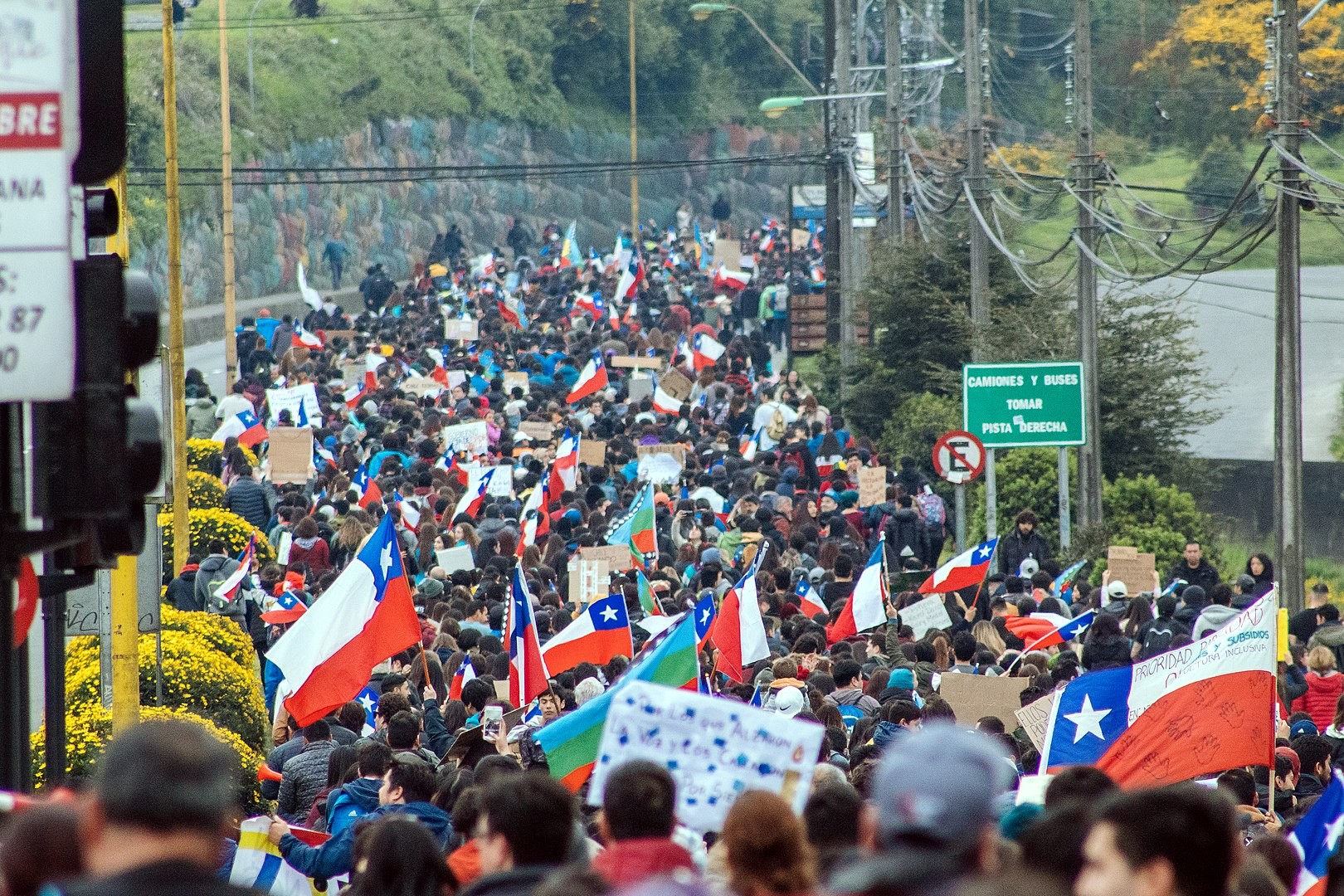Gabriel Boric won the November 2021 presidential elections in Chile with 55.8% of the vote. However, the new left-wing coalition faced challenges when a proposed constitution was rejected in a September 2022 referendum. Yet, in early 2023, political stakeholders agreed to launch a new constitutional reform.
In 2021, Chile initially experienced a significant economic recovery from the COVID-19 pandemic, driven by increased domestic demand boosted by government social welfare packages. However, progress halted in 2022 due to external shocks, internal imbalances and inflation. These factors led to a decline in the GDP growth rate to 2.7%, weakening consumption and fostering economic and social tensions.
During the previous Piñera and the current Boric administration, the government’s capacity to maintain strategic priorities has deteriorated. Despite Boric’s ambitious reform pledges, the minority government faces setbacks, particularly after the hard defeat in the constitutional referendum. Given this context of political weakness, there is no incentive for the opposition to cooperate, necessitating a notable shift in the government’s original priorities.

